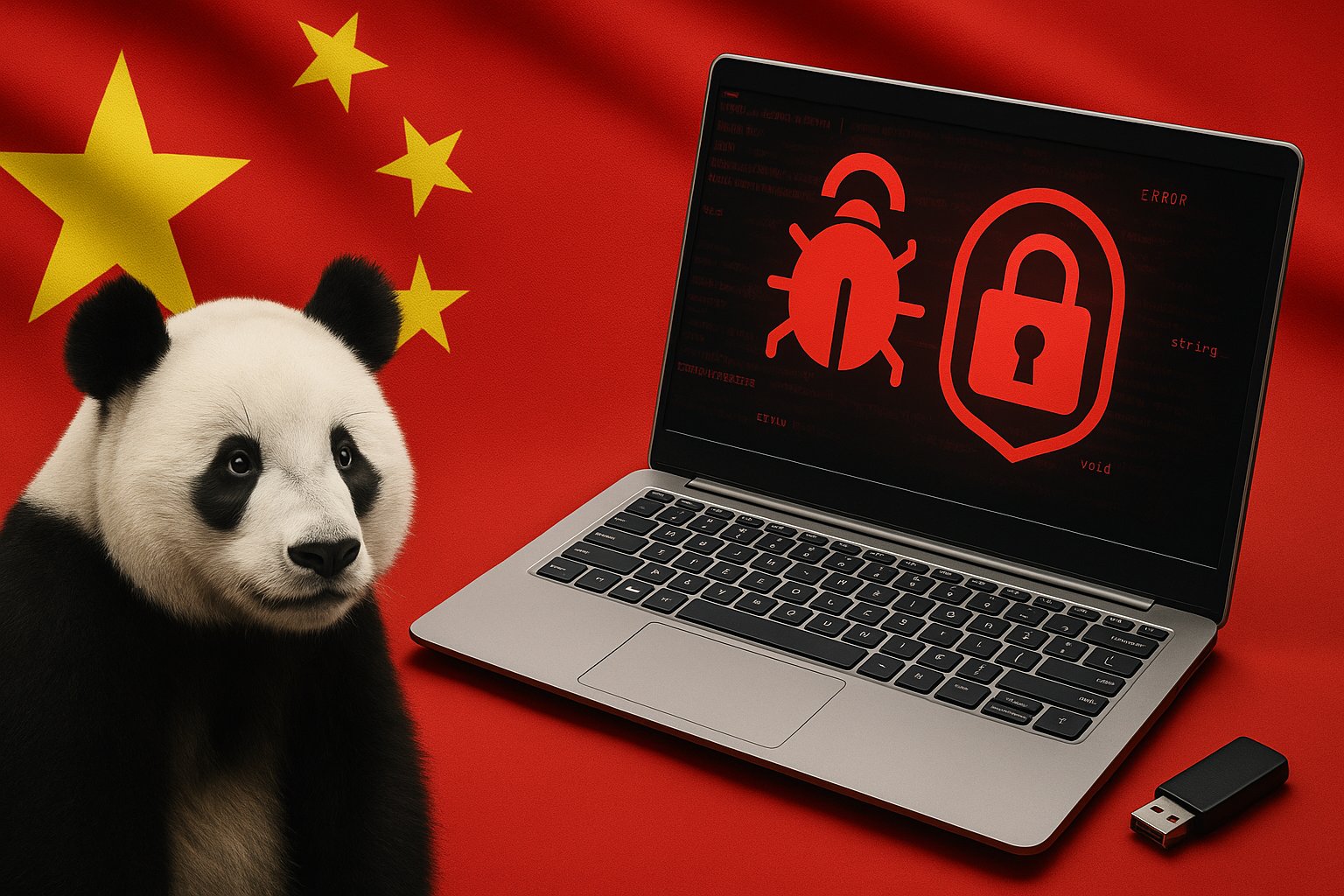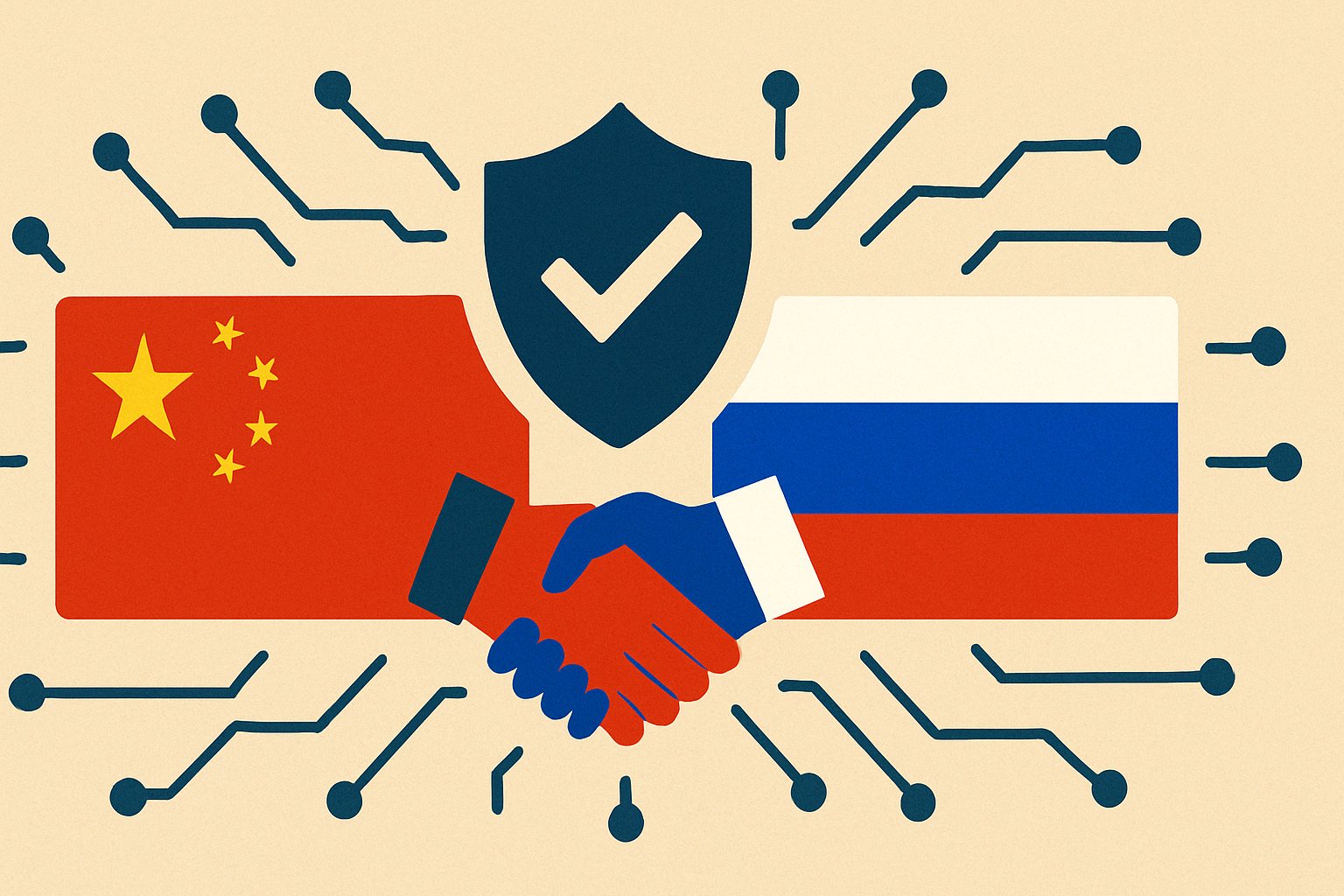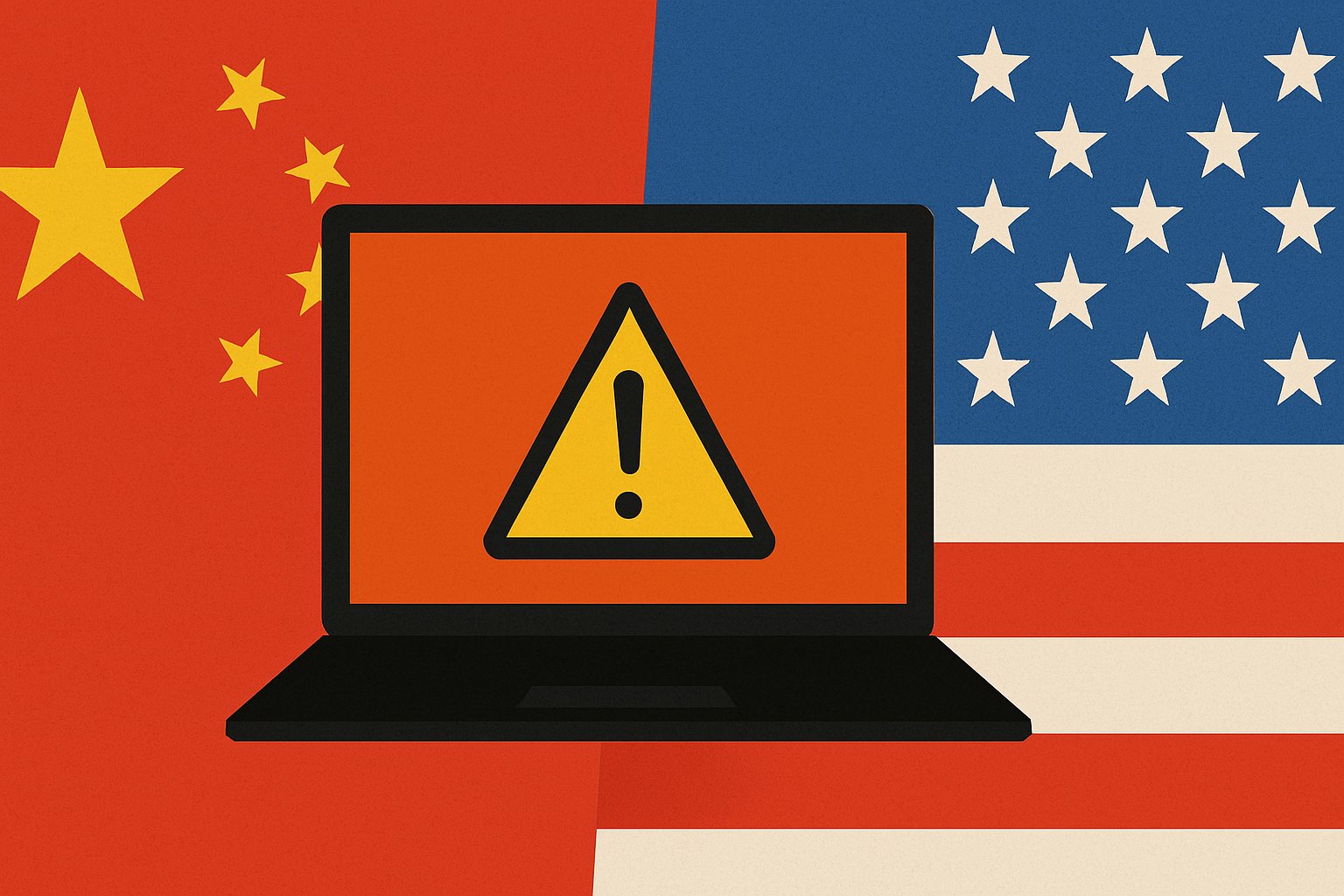China
-
China-linked Cyber Espionage Group Targets Over 70 Organizations Across Various Sectors
A China-linked cyber espionage group has targeted over 70 organizations across various sectors, including a South Asian government and a European media organization, underlining the broad implications of recent cyber infiltration tactics.
-
Czech Republic Accuses China of Cyber Espionage Targeting Foreign Ministry
The Czech Republic has publicly accused China of cyber espionage, targeting its Ministry of Foreign Affairs in a campaign attributed to the hacking group APT31, which has reportedly infiltrated critical infrastructure since 2022.
-
Dior Reports Data Breach Affecting Customer Information Amid Cybersecurity Incident
Dior has disclosed a significant cybersecurity incident affecting customer information, emphasizing that payment details were not compromised while investigations continue into the breach’s scope.
-
UK National Cyber Security Centre Reports Surge in Significant Cyber Incidents
The NCSC reports a significant increase in cyber incidents, with over 200 nationally significant cases reported from September 2024 to May 2025. The rise in attacks has raised concerns about national security and the need for stronger policies against ransomware payments.
-
China Emerges as Major Cyber Threat to US, Experts Warn
At the RSA Conference, retired Rear Admiral Mark Montgomery warned that China has eclipsed Russia as the leading cyber threat to the US, exemplified by the Volt Typhoon attacks targeting critical infrastructure. The former national security official emphasized the urgent need for enhanced cybersecurity measures and military recruitment to counter this sophisticated adversary.
-
China’s Mustang Panda Expands Malware Arsenal Amid Surveillance Efforts
Mustang Panda, a state-sponsored Chinese hacking group, has expanded its malware capabilities with four new tools, including keyloggers, as part of its ongoing surveillance efforts. These enhancements highlight a significant escalation in their cyber espionage activities.
-
China and Russia Enhance Cybersecurity Cooperation Amidst Global Tensions
China and Russia are set to enhance their cybersecurity cooperation, aiming to counter Western digital dominance while fostering a collaborative framework for international cyber governance. The partnership emphasizes shared challenges in the digital realm amid growing tensions in global politics.
-
China Acknowledges Cyberattacks on U.S. Infrastructure Amid Growing Tensions
A recent report reveals that Chinese officials acknowledged their country’s involvement in cyberattacks on U.S. infrastructure during a meeting with U.S. officials. The admission comes amid rising tensions over Taiwan and highlights China’s cyber operations strategy. In related news, Alibaba Cloud expands overseas while India implements a significant subsidy scheme for electronics manufacturing.








